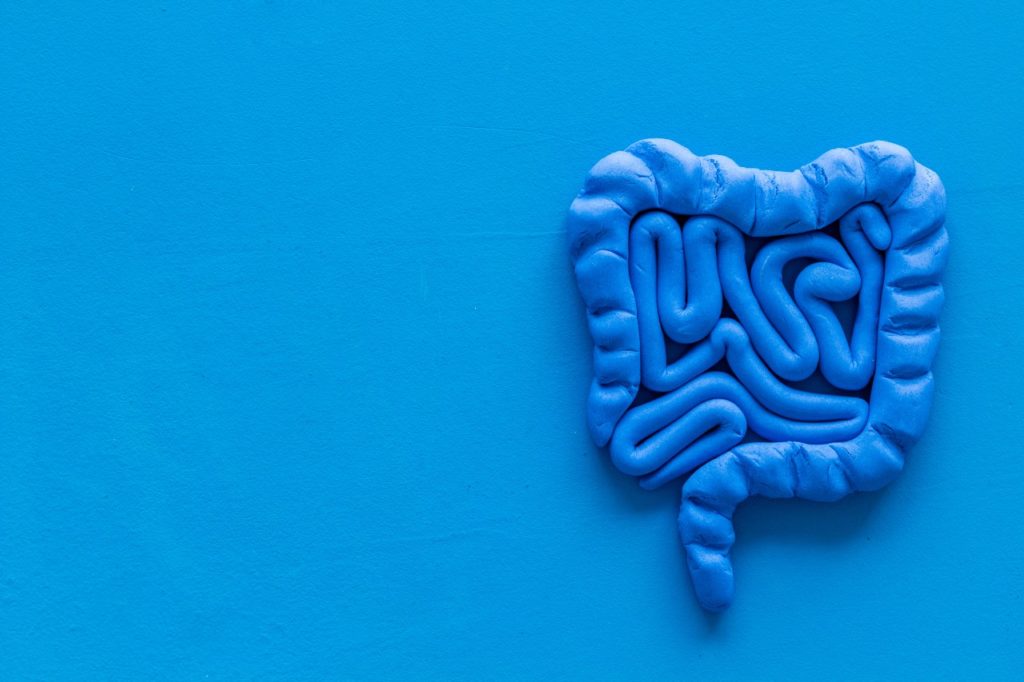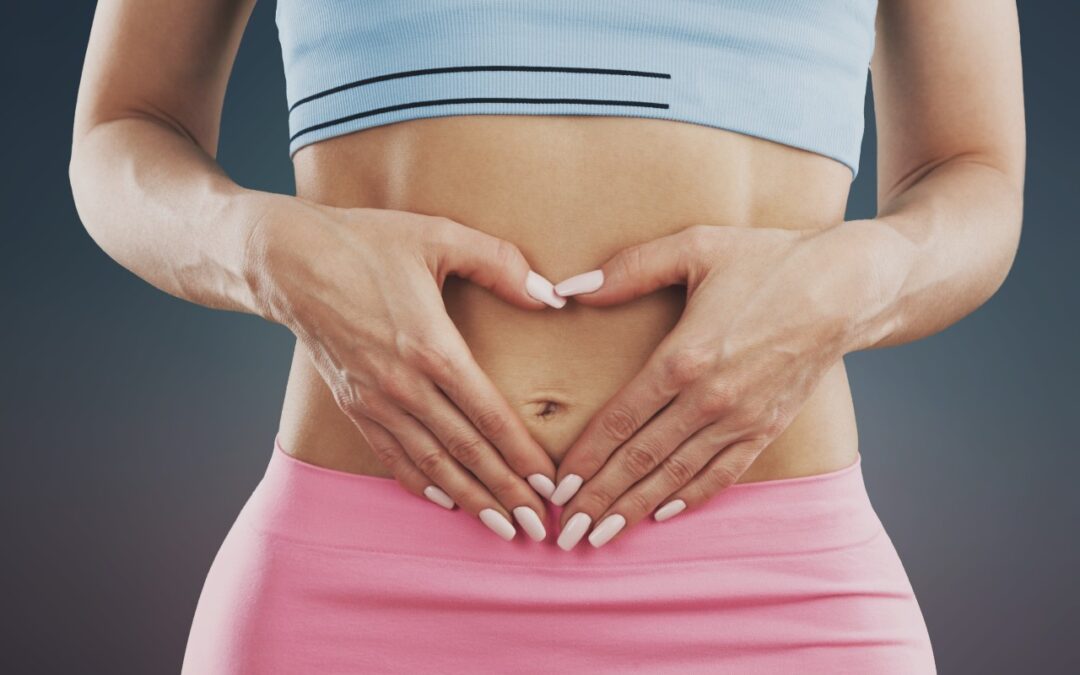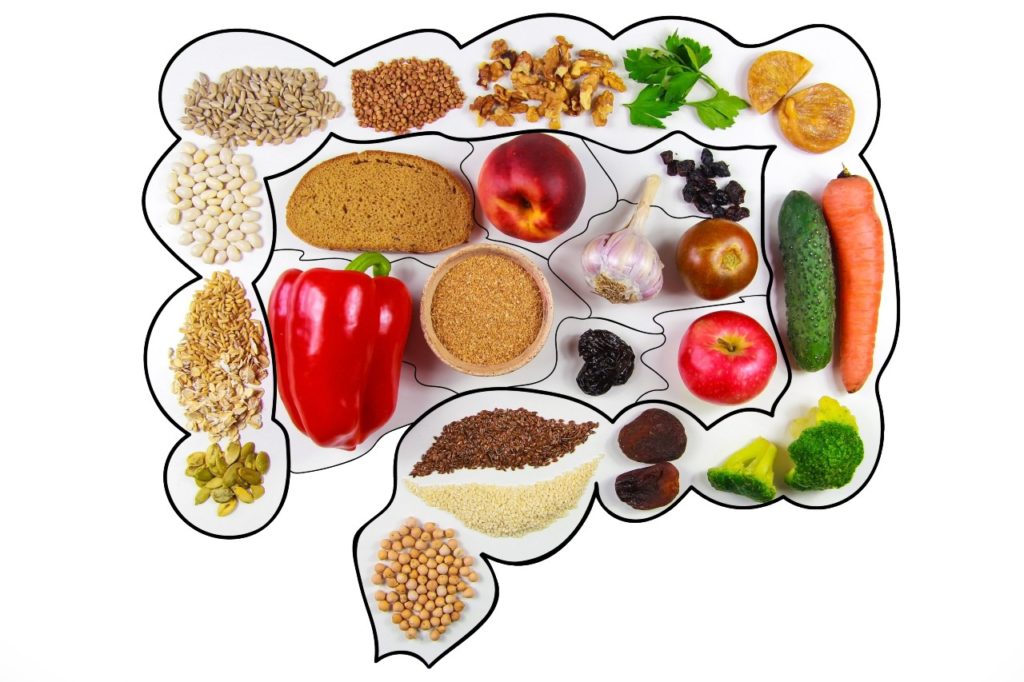So, how’s your colon? Not a topic most people readily share, but it is something that is very important. The truth is that colon health is critical to your overall health and well being, and while the topic may not be one you want to bring up at the dinner table, it is still one we need to discuss. Innova Primary Care is committed to renewing healthcare from the inside out. One of the ways we do this is by providing quality information and helpful tips to our patients – and anyone else- to help them make the best possible choices and create a life they love. Let’s take a closer look at the colon and things you can do to keep this vital organ in tip-top shape.
First things first, what is the colon?
This answer is a little tricky. You may hear the colon as referred to as the large bowel or the large intestine. So, what is it? For the purposes of this article and based on the most accurate information available, we will define the colon as the large intestine.

What does the colon actually do?
In order to get a complete picture of the purpose of the colon, we have to first discuss the digestion process. Digestion begins in the mouth before you even take your first bite due to the saliva produced by salivary glands.
As you chew and break down the food in your mouth, the food itself travels down the esophagus and into the stomach where the breakdown continues. The liquefied version of what you have eaten then travels to the small bowel (also called the small intestine). Here the process intensifies with the assistance of the pancreas and gallbladder.
After this step, what is left over is mostly liquid. This liquid enters the colon where bacteria do the fascinating work of finishing off the remains of the food you have consumed. At this point, the colon removes nutrients, water, and electrolytes from the partially digested food for your body to absorb and use. Whatever is left over after this process becomes stool, which is then stored in the rectum until it eventually makes its way through the anus and into the toilet.
Protecting colon health
Protecting the health of your colon is essential. But how do you take on such a task? We are thrilled that you want to take care of your colon because this organ really goes to bat for you each and every day. While genetics play a role in your colon health, there are steps you can take RIGHT NOW to protect yourself and get your colon in better shape.
- Your Diet – Here’s the deal: What you eat matters. Eating a diet rich in whole foods, lean proteins, and fiber is a great first step on your way to colon health. What does this type of diet look like in real life:
- Lots of Veggies and healthy fats – Consider eating the rainbow, literally. Fruits and vegetables are rich in micronutrients and the fiber your colon needs to function optimally. Grab healthy fats in moderation in the form of nuts, seeds, and avocado.
- Whole grains – Whole grains give your body more fiber and have more nutrient density than refined grains. Think brown rice, bulger, quinoa, and farro). Opt for whole wheat bread and pasta when you consume them.
Small changes go a long way
Water – Staying hydrated is vital for everyone and water is fantastic for colon health. Water helps your colon soften stool and keeps things moving. Water also assists your body in flushing toxins. So, drink up!
Fiber – You can get enough fiber in your diet without supplementation if you eat those fruits, vegetables, and whole grains we just mentioned. Aim for 25-35 grams of fiber each day.
Keep a check on your weight – Statistics show that weight is a factor when it comes to colon health. According to the American Cancer Society, excess weight impacts colorectal cancer chances. Keep an eye on your weight and find healthy ways to lose weight if necessary.
Colon Health Lifestyle
Lifestyle factors play a role in colon health. You have a choice.
- If you drink alcohol, limit your intake – Alcohol intake plays a role in colorectal health as well. Do not drink in excess and if you chose to consume, moderation is key. For men, this means no more than 2 alcoholic beverages a day and 1 alcoholic beverage for women.
- Don’t smoke – There are lots of reasons to quit smoking, and the health of your colon is just one. If you need assistance on the road to quitting, please reach out to our office.
- Get screened – The thought of a colonoscopy strikes fears into the hearts of most of us. However, preventative screenings starting at the age of 45 are the best way to detect precancerous polyps and let you know the health of your colon.
If you have concerns about your colon health, no matter your age, your health care provider may recommend screenings sooner.
And here’s some great news, you don’t need a “colon cleanse” to jump-start your newfound awareness of colon health.
While products and procedures claiming to be the holy grail for colon cleansing are now on store shelves everywhere, most experts agree that you don’t need to fall for those gimmicks. Will taking dietary teas and pills flush your system? Maybe. Will you lose weight in the process? Perhaps. But, are they worth it? Not likely. The awesome news is that your colon’s function is to clean assist your body by eliminating waste and bacteria. This role is already in place.
What you can do is start by implementing the healthy and safe practices listed above.
Pay attention to the cues your body is giving you. If something feels off, bloating, feeling full all the time, unintended weight loss, chronic constipation or diarrhea, or blood in your stool, don’t WebMD your symptoms, call your healthcare provider.
For our patients, we are always available to answer questions and meet with you to discuss their health concerns, no matter what they are. We believe that patient empowerment is a great thing, but please do not trust everything you read on the internet. Call us today and let’s get you on the road back to health.




 About
About About
About

 About
About About
About About
About About
About About
About













